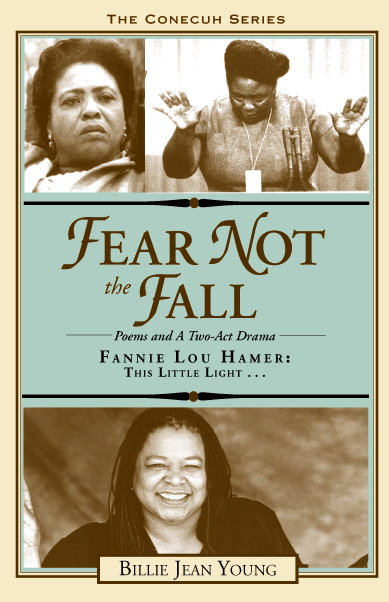Valerie Gribben talks fairytales, medicine in New York Times
Thursday, June 30th, 2011 by Noelle Matteson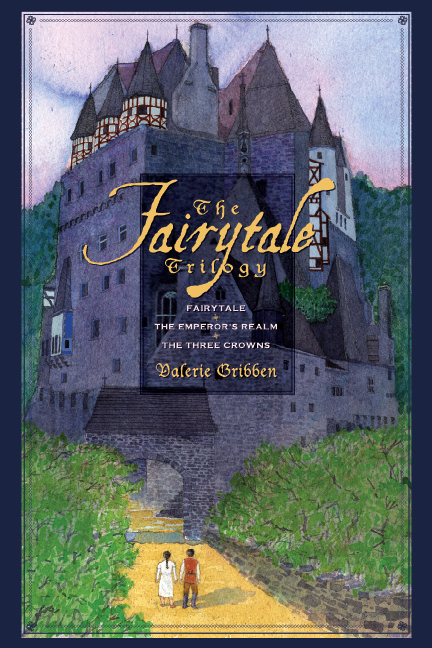 An essay by NewSouth Books author Valerie Gribben, “Practicing Medicine Can Be Grimm Work,” appears in today’s New York Times Op-Ed pages. Gribben, a medical student at the University of Alabama, Birmingham, is the author of The Fairytale Trilogy, a collection of three of her young adult fantasy novels, including one she published with NewSouth when she was only sixteen years old.
An essay by NewSouth Books author Valerie Gribben, “Practicing Medicine Can Be Grimm Work,” appears in today’s New York Times Op-Ed pages. Gribben, a medical student at the University of Alabama, Birmingham, is the author of The Fairytale Trilogy, a collection of three of her young adult fantasy novels, including one she published with NewSouth when she was only sixteen years old.
In her essay, Gribben remarks on how her fascination with fairytales has informed her understanding of her patients as a medical student. Though for a time she set aside her storybooks for more scholarly pursuits, she realizes now how those stories illuminate human behavior, both good and bad. From the essay:
The Grimm fairy tales once seemed like they took place in lands far, far away, but I see them now in my everyday hospital rotations. I’ve already met many of the eternal cast of characters. I’ve taken down their histories—the abandoned prince, the barren couple—or seen their handiwork—the evil stepmother, the lecherous king.
Fairy tales are, at their core, heightened portrayals of human nature, revealing, as the glare of injury and illness does, the underbelly of mankind. Both fairy tales and medical charts chronicle the bizarre, the unfair, the tragic. And the terrifying things that go bump in the night are what physicians treat at 3 a.m. in emergency rooms …
Fairy tales also remind me that what I’m seeing now has come before. Child endangerment is not an invention of the Facebook Age. Elder neglect didn’t arrive with Gen X. And discharge summaries are not always happy; Death in his tattered shroud waits at the end of many journeys.
Healing, I’m learning, begins with kindness, and most fairy tales teach us to show kindness wherever we can, to the stooped little beggar and the highest nobleman. In another year, I, too, will be among the new medical doctors embarking on another phase of my training. The Brothers Grimm will accompany me.
Read Gribben’s full essay at the New York Times website.
Valerie’s own Fairytale Trilogy features dragons, sorcerers, and fairies, but at its heart is a young woman whose struggles with relationships, deceit, and responsibility are not so different from our own. The Fairytale Trilogy, perfect for young adult readers, is available from NewSouth Books, Amazon.com, or your favorite retail or online bookseller.

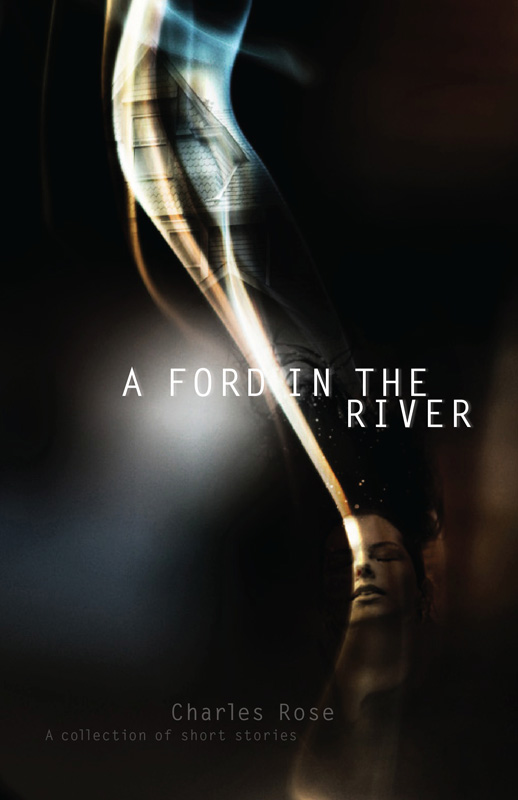 One NewSouth author remembered another this past month. Syndicated newspaper columnist
One NewSouth author remembered another this past month. Syndicated newspaper columnist 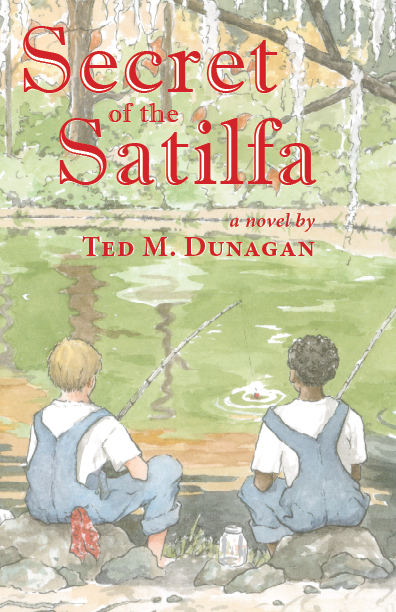 Ted M. Dunagan was honored with his second
Ted M. Dunagan was honored with his second 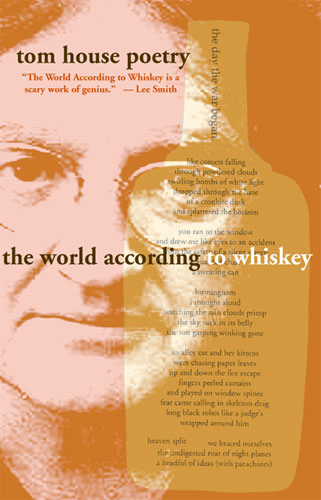
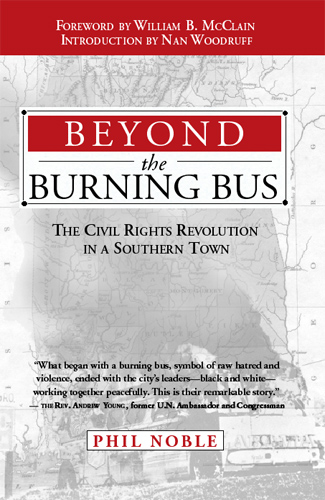 Rev. J. Phillips Noble, author of
Rev. J. Phillips Noble, author of 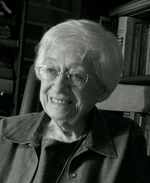 Colleagues of
Colleagues of 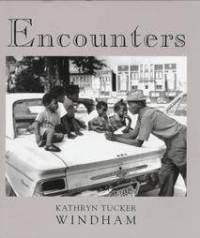
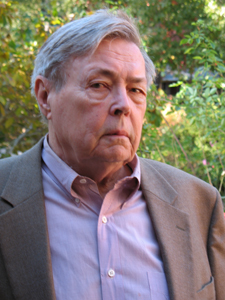
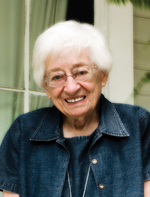 We at NewSouth Books were saddened at the passing of our friend and author Kathryn Tucker Windham, who died at her home in Selma yesterday.
We at NewSouth Books were saddened at the passing of our friend and author Kathryn Tucker Windham, who died at her home in Selma yesterday.